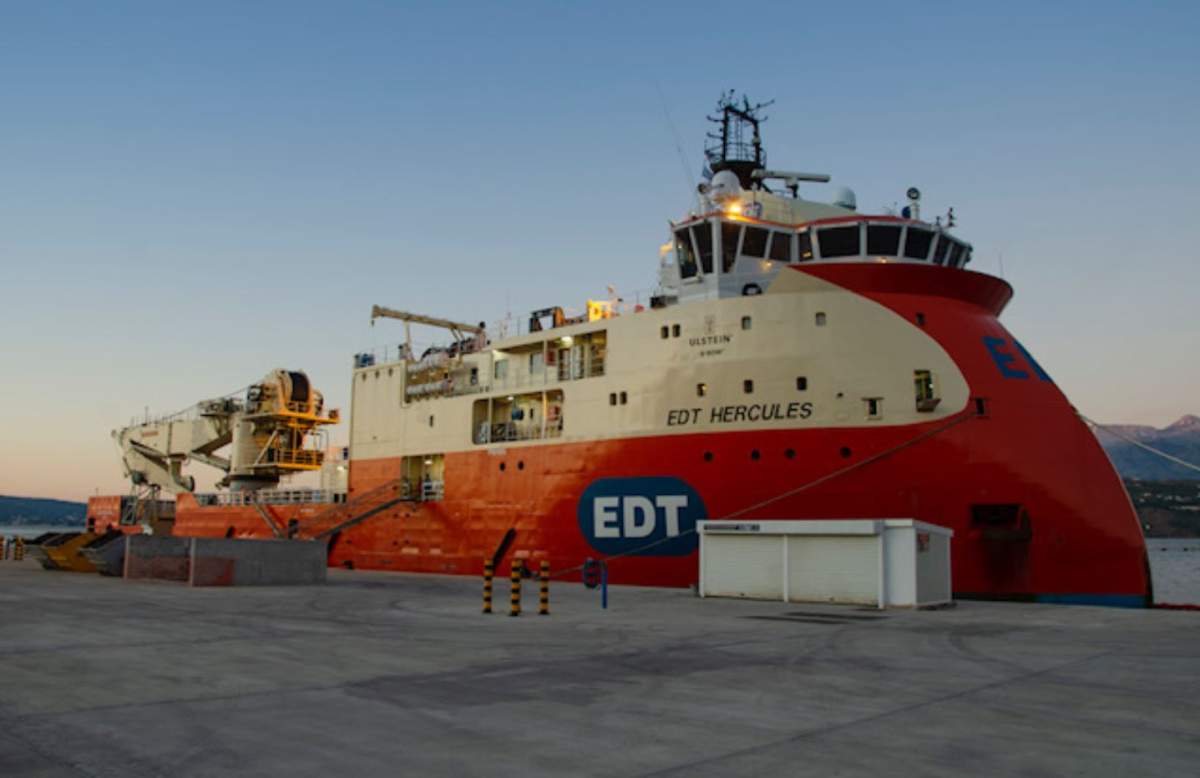The Canadian Armed Forces (CAF) and U.S. navy teams that are working to find and recover the wreckage of a Cyclone helicopter that crashed last month are now leaving Greece and are headed to Sicily.

The CH-148 Cyclone helicopter crashed into the Ionian Sea on April 29 within sight of the Halifax-class frigate HMCS Fredericton while participating in a NATO training mission.
READ MORE: U.S. navy helping Canada recover helicopter from fatal military crash
All six service members on board were killed. The body of Sub-Lt. Abbigail Cowbrough has been recovered as well as the partial remains of Capt. Brenden Ian MacDonald.
Four others remain missing or are presumed dead. Last week, the CAF turned to the U.S. navy (USN) to help recover the helicopter known as Stalker 22.
In a social media statement Monday, CAF Operations said both CAF and USN teams have departed Souda Bay, Greece, on board EDT Hercules.

Get daily National news
“It is planned that within two days they will arrive at the site, (approximately) 220 nautical miles east of Catania, Sicily, and begin the search & recovery of Stalker 22 and our fallen,” CAF Operations tweeted.

The Cyclone’s flight-data and voice recorders were recovered during the initial search shortly after the chopper went down. They have been airlifted back to Canada and are now being analyzed by the National Research Council.
The helicopter was deployed with HMCS Fredericton back in January as part of Operation Reassurance, which sees the Canadian military work with its NATO allies patrolling the Mediterranean and Black seas.
READ MORE: HMCS Fredericton resumes NATO deployment after fatal helicopter crash
A flight investigation team is expected to present preliminary findings in the coming weeks, with a full report expected next year.
— With files from the Canadian Press








Comments